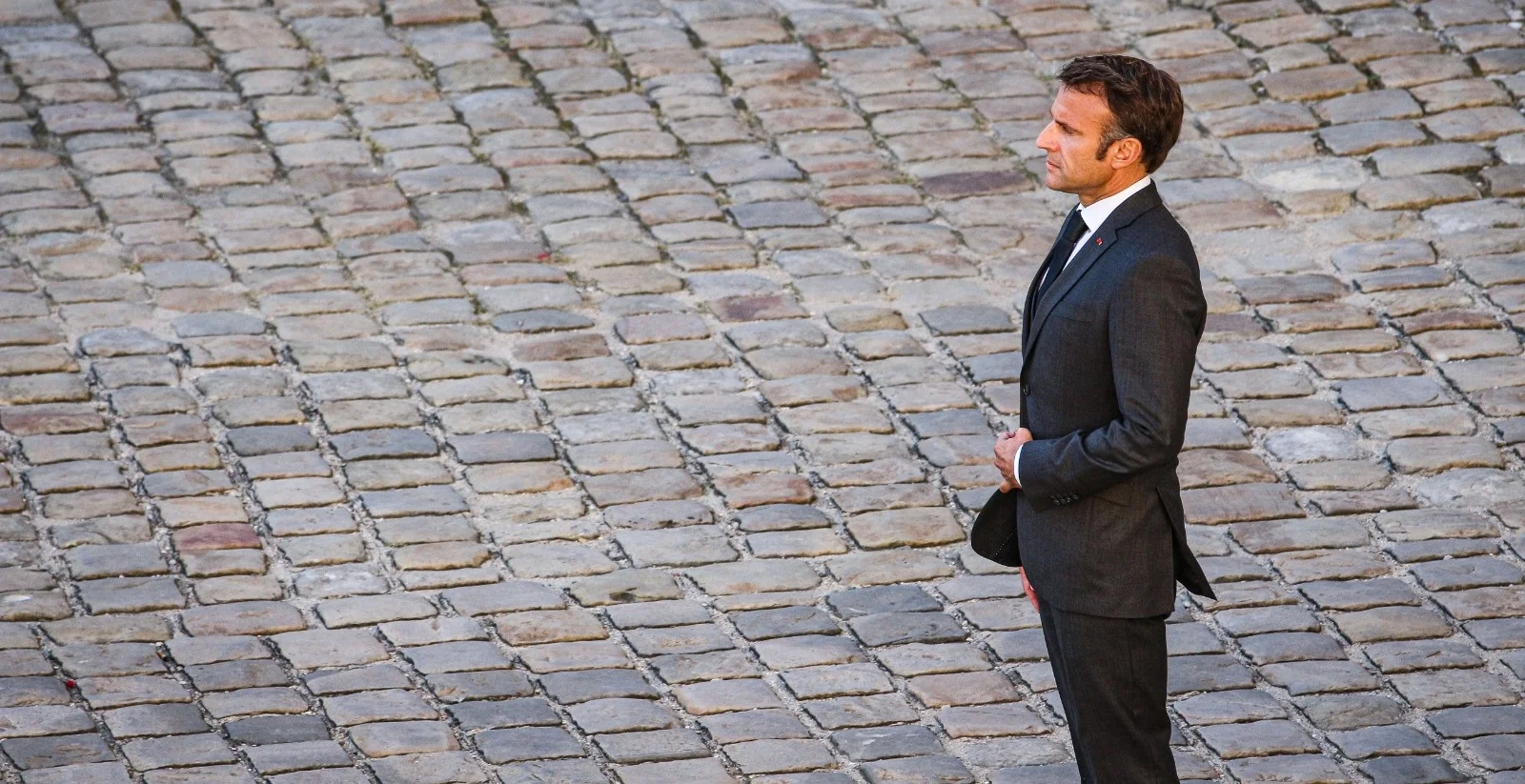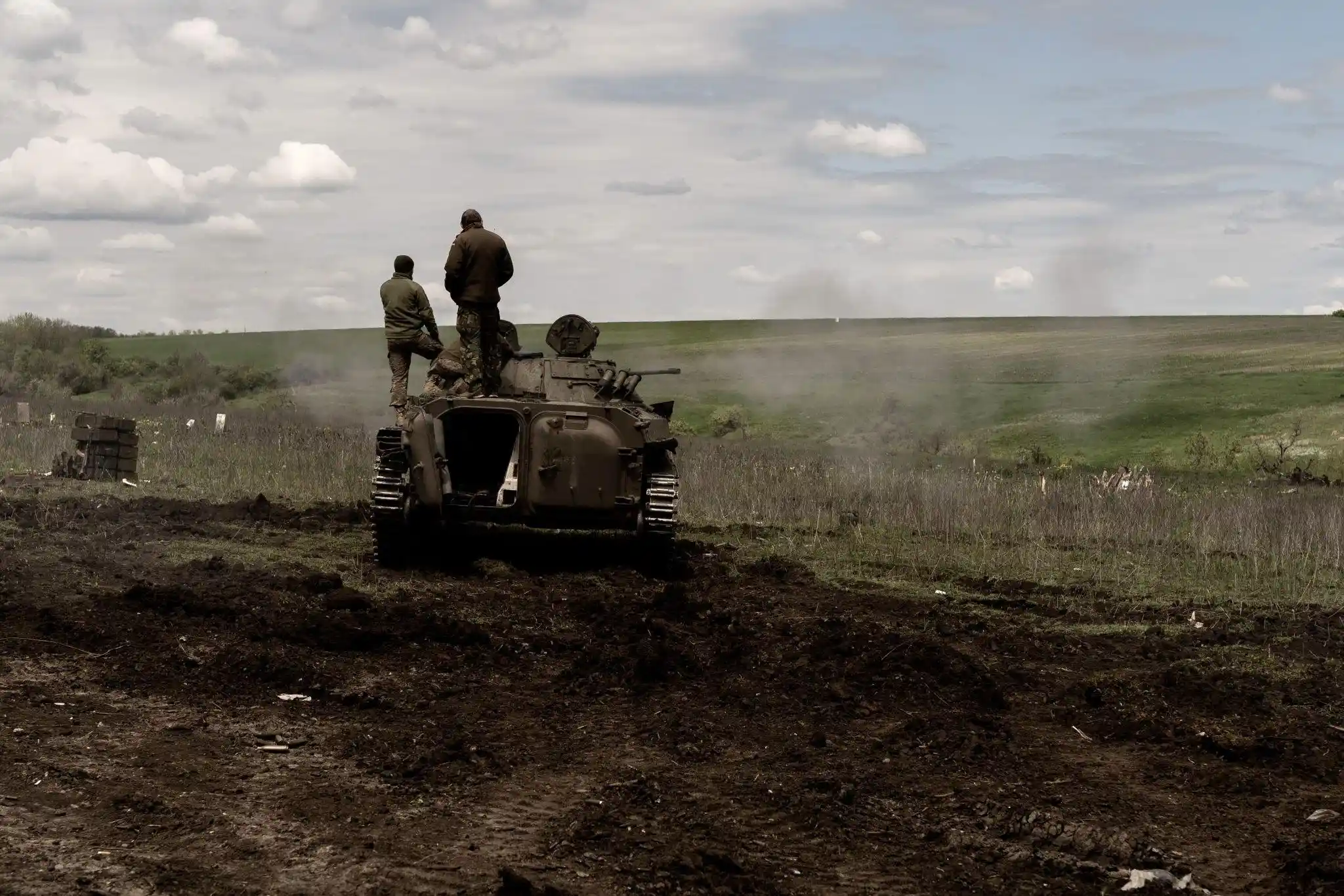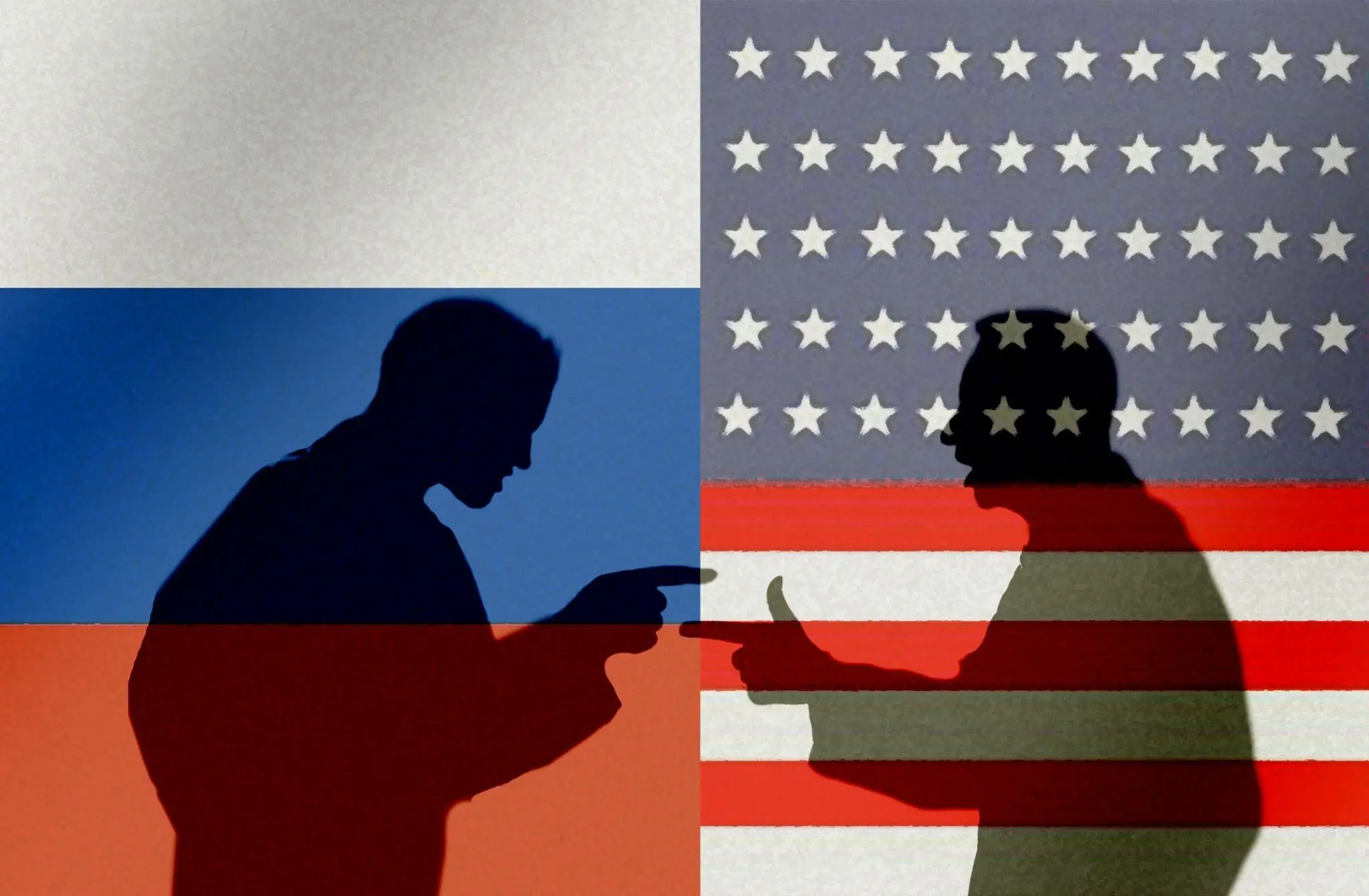10 Mar 2024
Macron’s War Rhetoric and his Desperate Quest for Prestige
“Nothing should be ruled out” said French President Emmanuel Macron when asked about possibilities of sending troops to Ukraine. By speaking about going to war, Macron may have aimed to dispel a long-standing joke about the French always surrendering. However, both French and NATO leaders have publicly rejected the idea of sending European or alliance troops to Ukraine. Prominent figures such as U.S. President Joseph Biden, German Chancellor Olaf Scholz, Polish Prime Minister Donald Tusk, NATO Secretary-General Jens Stoltenberg, and others have asserted that such action is not on the table. The widespread domestic and regional opposition implies that even if Macron was genuinely considering sending troops to Ukraine, he would not receive the necessary support for such a radical decision.
16 May 2023
Questions about Legality of Russian-Ukrainian War
Abstract
The post-World War II arrangements generated several decisions that granted the victorious countries certain powers, most notably The Declaration of the Four Nations on General Security, the Four Power Declaration, and Articles 106 and 107 of the United Nations Charter. Questions have recently been raised about the possibility of exploiting these powers to legitimize Russian intervention in Ukraine. However, given the nature and background of these articles and decisions, it turns out that they were part of the arrangements for a transitional period, followed by the transfer of these powers and tasks to the United Nations, and the subsequent new arrangements, most notably the collapse of the Soviet Union and the emergence of the Russian Federation, which arranged for a new legal situation. This does not contradict the rule of inheriting international treaties as one of the principles of international law but takes into account the change in the new legal status of states. Therefore, the countries that were under the guise of the Soviet Union have become independent members in the United Nations General Assembly, and by reviewing the contents of the documented sessions of the United Nations since the outbreak of the Russian-Ukrainian crisis, it turns out that the defenses and arguments presented by the Russian delegate to legitimize the Russian intervention in Ukraine were based on two main arguments, which were repeated in most of the Russian President’s speeches. For the Russian Federation, especially the speech of the declaration of invasion, which was based on Article 51 of the Charter of the United Nations, which guarantees the right of states to defend themselves against threats, and Article 1 of the International Covenant on Civil and Political Rights that all peoples have the right to self-determination, meaning that any Russian ethnic minority in Ukraine has the right to determine its political status and to pursue its economic, social and cultural development.
Since Putin announced his intention to invade Ukraine militarily, numerous analyses came up that the legal arguments Russia depend on to justify the invasion, and the talk about the arrangements made after World War II that gave the powers to the victorious nations that could be exploited by the Russian side has increased recently. There is even a rumor that claims that the Russian president talked to the secretary-general of the United Nations about the article contained in the United Nations charter and these arguments depended on two articles; 106 and 107 in the United Nations charter, that gives the right to the victorious countries and nations to take any needed decision against the countries that fought against them in World War II to avoid revising the results of World War II. In these decisions, it is specially allowed to utilize military power against these countries.
10 Oct 2022
Between Conspiracy and Reality: United States Gains from the Russo-Ukraine War
The United States and Russia have a long and complicated history. The USSR and the United States of America were allies during the Second World War and quickly turned rivals during the Cold War (1947 – 1991). It was throughout this period that the ideological differences between the two superpowers reached its height, with the formation of the North Atlantic Treaty Organization (NATO) by the United States, and the USSR responding by creating the Warsaw Pact effectively splitting the world between East and West. Despite there being no direct conflict between the United States and USSR, each state would actively participate in proxy wars; where agents supplied by them would engage in hostilities such as in the Chinese Civil War (1944 – 1949), the Korean War (1950 – 1953), the Vietnam War (1955 – 1975), and the Soviet-Afghan War (1979 – 1989).
Furthermore, the United States and USSR would attempt to place weapons within each other’s spheres of influence with the United States doing so in Italy and Turkey in 1961 and the USSR responding by supplying Cuba which ultimately led to the Cuban Missile Crisis in 1962, and nearly brought both superpowers to nuclear war.
Following the fall of the USSR, the United States was the only remaining superpower and relations between the United States and the newly formed Russian Federation began to improve, however by 1999 that came to an end as NATO further expanded in Eastern Europe with Poland, Hungary, and the Czech Republic joining, in 2004 Estonia, Latvia, and Lithuania joined as well, all had been former members of the USSR and were viewed by Russia as part of its sphere of influence.
Since then, United States-Russia relations have been consistently deteriorating with recent significant events being the invasion and annexation of Crimea in 2014 and accusations by the United States that Russia manipulated the 2016 Presidential Election. It is within this context of United States led encroachment into territory that Russia believes culturally and historically should be its own that the Russo-Ukrainian War resumed flowing the invasion of Crimea, below is where we will analyse what the United States has to gain and the legacy the Cold War casts on the Russia-United States relationship.


